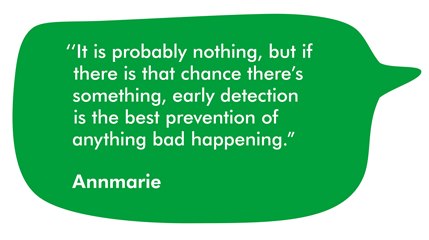Today is the first day of World Breastfeeding Week. This blog, written by our information development nurse Teri, outlines when it may or may not be possible to breastfeed after having cancer treatment. It also looks at what breast changes to look out for while breastfeeding.
Many mothers choose to breastfeed due to the health benefits for both mum and baby. Breast milk not only protects the baby from infections and diseases, but breastfeeding also provides health benefits for the mum. However, for some women the option of breastfeeding is not straight forward.
This may be the case for women who have been diagnosed with cancer while pregnant or, soon after giving birth. Some mums in this situation will be advised by their doctor not to breastfeed. And for those who had wanted to , it can be very upsetting.
When it may not be possible to breastfeed after having cancer treatment
When it may be possible to breastfeed, or give your baby breast milk:
Many women can breastfeed after cancer treatment if they want to. Breastfeeding does not make the cancer more likely to come back. Your doctor, nurse or midwife can give you more information. We have more information about breastfeeding after cancer treatment.
Breast changes to be aware of while you are breastfeeding:
For a few years after giving birth there is slightly increased risk of developing breast cancer. However, this increased risk will go after a few years. If you notice a change in your breast while you are breastfeeding, let your GP know as soon as possible.
Changes to look for are:
Most breast changes are not cancer, but it’s important to find out what’s causing the change.

We’ve written a booklet, Cancer and pregnancy, in partnership with the charity Mummy's Star.
Mummy’s Star is the only charity in the UK and Ireland established specifically to offer support where a cancer diagnosis is received during pregnancy or within 12 months after a new birth. They offer peer support, financial help and advocacy, and work to raise awareness of cancer and pregnancy. If you would like to get support from Mummy’s Star, visit their website or email info@mummysstar.org
________________________________________________________________________________________________________
To see what else Macmillan's cancer information team has been blogging about, please visit our blog home page! You can subscribe to receive our blogs by email or RSS too.
We're with you every step of the way
The Macmillan team is here to help. Our cancer support specialists can answer your questions, offer support, or simply listen if you need a chat. Call us free on 0808 808 00 00.
Comments? Feel free to add them below (you need to be logged in).
Whatever cancer throws your way, we’re right there with you.
We’re here to provide physical, financial and emotional support.
© Macmillan Cancer Support 2026 © Macmillan Cancer Support, registered charity in England and Wales (261017), Scotland (SC039907) and the Isle of Man (604). Also operating in Northern Ireland. A company limited by guarantee, registered in England and Wales company number 2400969. Isle of Man company number 4694F. Registered office: 3rd Floor, Bronze Building, The Forge, 105 Sumner Street, London, SE1 9HZ. VAT no: 668265007